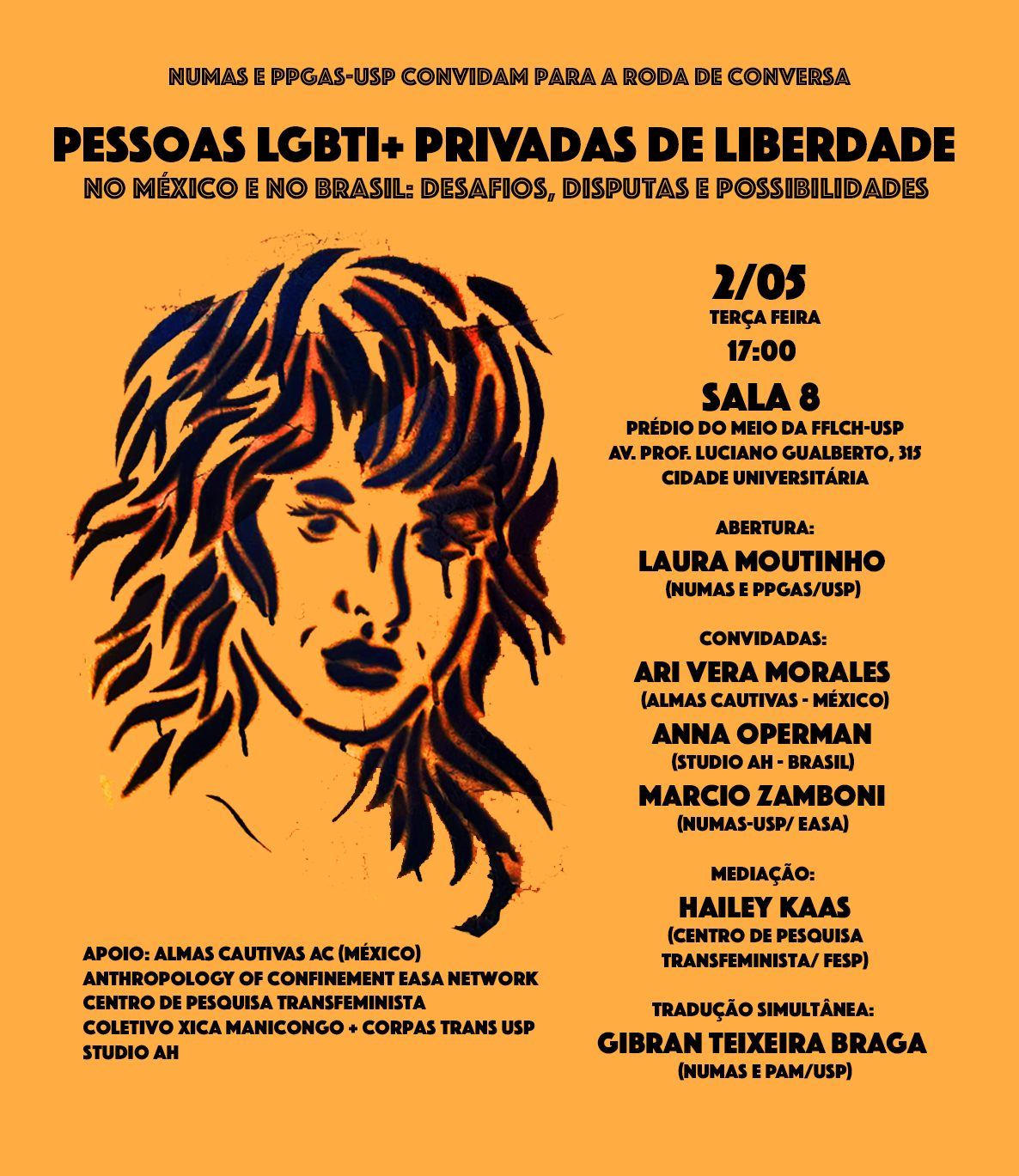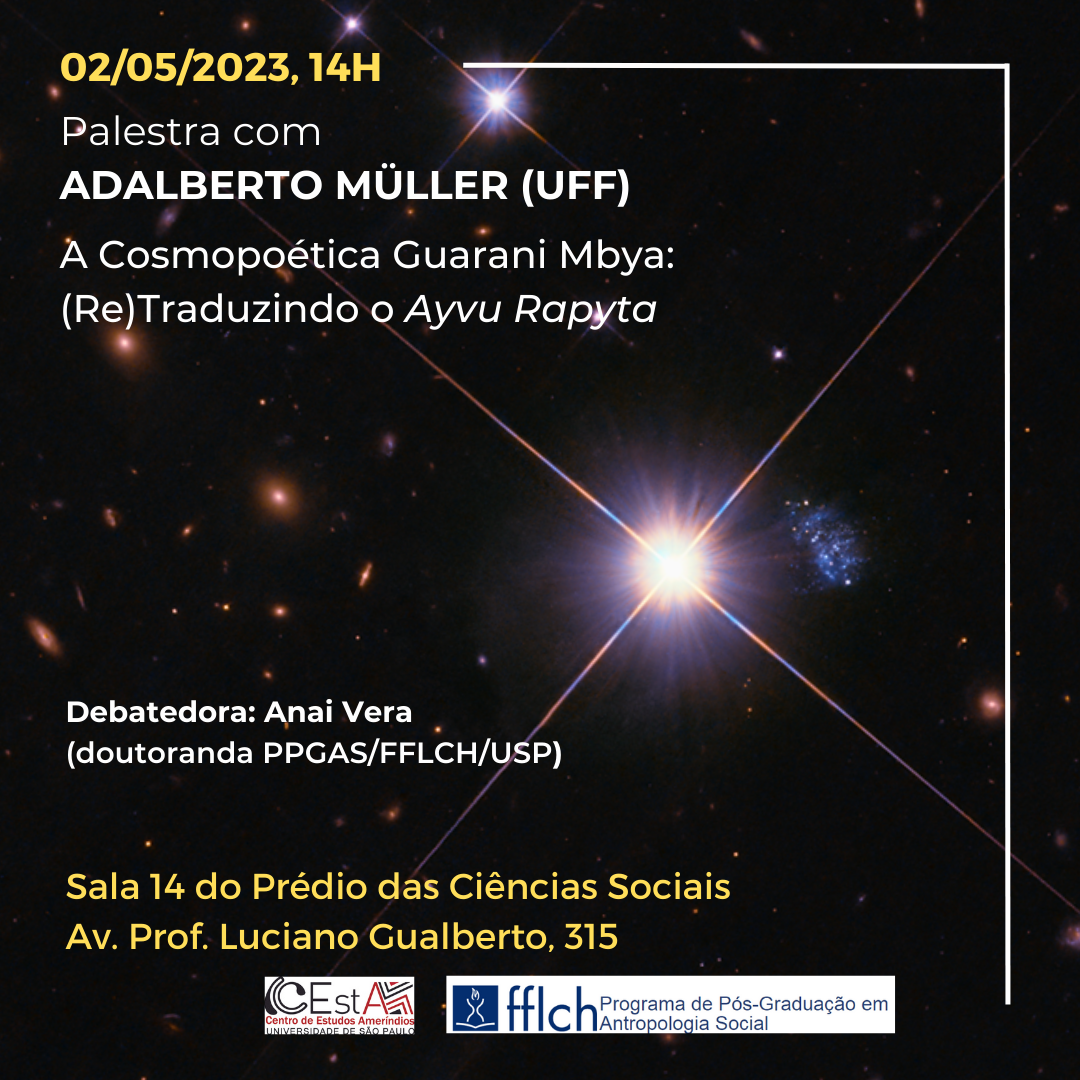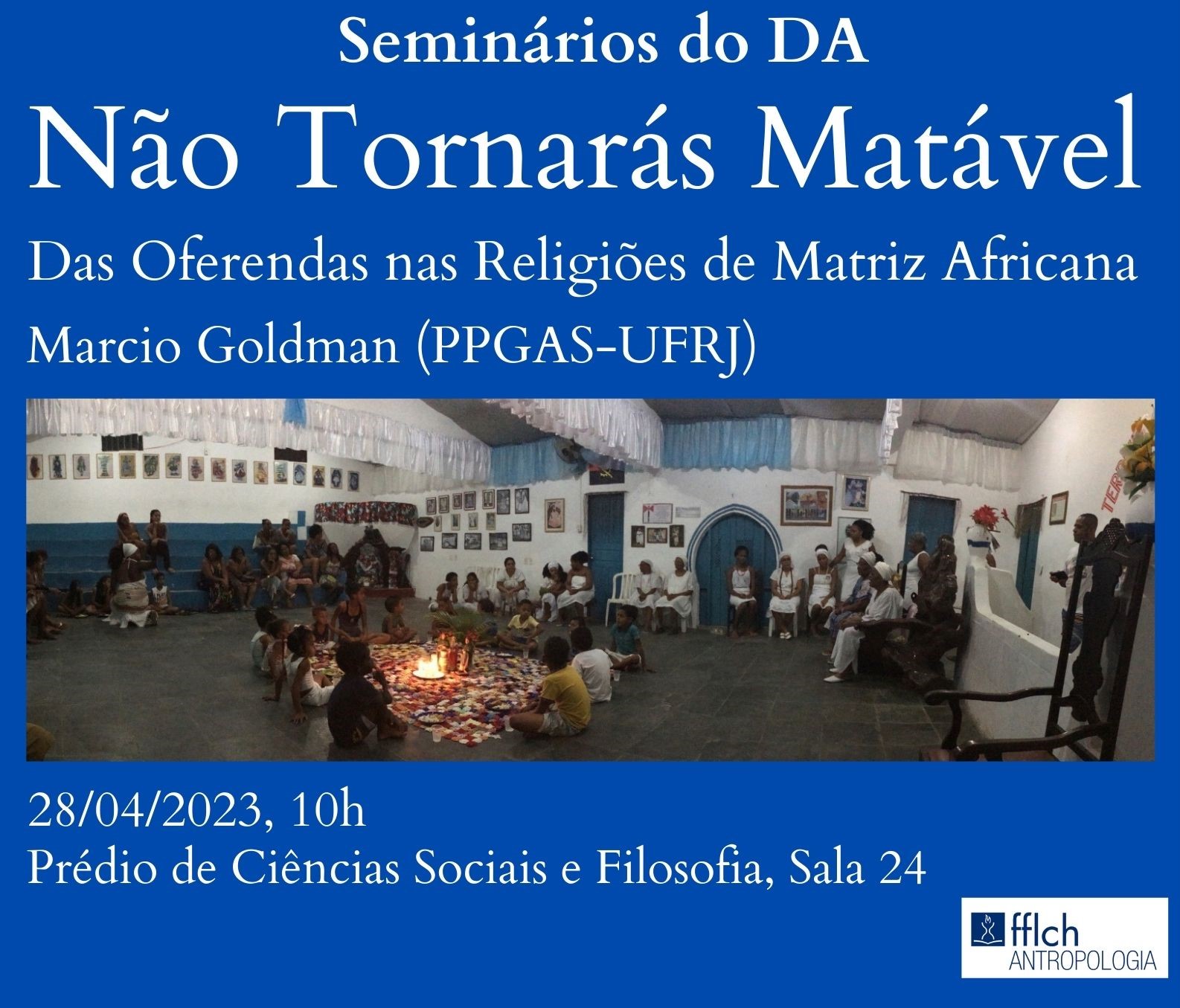Events
Anthropology applied to humanitarian situations: the relationship with the field, methodological challenges and ethical issues.
Jean-François Veran holds a PhD in Anthropology from the École des Hautes Études des Sciences Sociales (France) and is an associate professor at the Federal University of Rio de Janeiro (Brazil). He joined Doctors Without Borders in 2010 as an anthropology consultant, where he develops an anthropology in a "humanitarian situation" that he applies in the field to issues of migration, management of epidemic crises, sexual and reproductive health and urban violence. His latest book is Médecins Sans Frontières and Humanitarian Situations, An Anthropological Exploration/Médecins Sans Frontières and Humanitarian Situations An Anthropological Exploration (Routledge, London, 2020).
Lecture with TRUDRUÁ DORRICO (postdoctoral student/UFRR)
Makunaimã Letters: the trunk of Makuxi Indigenous Literature
Discussor: Tiago Nhandewa (PhD student/PPGAS/USP)
Trudruá Dorrico belongs to the Macuxi people. PhD in Theory of Literature at PUCRS. Master in Literary Studies and degree in Portuguese Letters from UNIR. She is a poet, writer, speaker, researcher of indigenous literature. She won 1st place in the Tamoios / FNLIJ / UKA New Indigenous Writers contest in 2019. Administrator of the @leiamulheresindigenas Instagram profile and the YouTube channel Contemporary Indigenous Literature. Curator of the 1st Exhibition of Indigenous Literature at the Museu do Índio (UFU). Author of the work “I am Macuxi and other stories” (Caos e Letras, 2019). Curator of FeCCI - I Indigenous Film Festival, Brasília (2022). He is currently in the postdoctoral program at the Federal University of Roraima, UFRR, in contemporary indigenous literature: narratives of the Makuxi people, 2023. He has just finished his artistic residency at the Cité Internationale des Arts (Paris, 2023).
05/06/2023, 2 pm
Room 08 of the Social Sciences Building
Av. Prof. Luciano Gualberto, 315
https://youtube.com/live/RGV87YCIVYg
On June 2, at 2 pm, the School of Philosophy, Letters and Human Sciences (FFLCH) of USP will hold the graduation ceremony of the title of Professor Emeritus to Kabengele Munanga, professor of the Department of Anthropology. The event will be held in the University Council Room.
Born in the Democratic Republic of Congo, Professor Kabengele Munanga is Brazilian by naturalization since 1985. He began his academic career as an Assistant Professor at the Official University of Congo, where he worked from 1969 to 1975, and began his postgraduate studies with a scholarship received from the Belgian government, at the Catholic University of Louvain, where he stayed from 1969 to 1971. During this period, he was a researcher at the Royal Museum of Central Africa in Tervuren, Brussels, and specialized in the study of traditional African arts. Due to the military dictatorship installed in his country, Munanga had to return before completing his doctorate.
In 1977, he completed his doctorate in Human Sciences, in the area of Social Anthropology, with a scholarship granted by USP. Entitled The Basanga of Shaba, An Ethnic Group of Zaire, General Anthropology Essay, his doctoral thesis was published in 1986 by FFLCH-USP.
Munanga became a professor at FFLCH in 1980, where he taught until 2012, focusing mainly on the areas of Anthropology of Africa and the Afro-Brazilian Population. At USP, he was Director of the Museum of Archeology and Ethnology, between 1983 and 1989; Deputy Director of the Museum of Contemporary Art, between 2002 and 2006; Director of the Center for African Studies, between 2006 and 2010; and is currently Senior Lecturer at the Center for African Studies at FFLCH. The Faculty recognizes Kabengele Munanga for his exceptionality in all the fields in which he worked at the university, which range from teaching at undergraduate and graduate levels, to training researchers, conducting research, publishing, cultural activities and management both academic and institutional.
He was also a professor at the University of Montreal, in Canada, between 2005 and 2010, visiting professor at the State University of Southwest Bahia, at the Federal University of Recôncavo da Bahia, at the Federal University of Rio Grande do Norte, at the Fundation School of Sociology and Politics in São Paulo, at Cândido Mendes University, at the School of Sociology and Politics in São Paulo, at Eduardo Mondlane University, in Mozambique and at the Center for Afro-Asian Studies.
Author of numerous publications, which total more than 150 books, book chapters and scientific articles, Munanga's legacy is the contribution of a lifetime dealing with topics such as racism, anti-racist policies and discourses, blackness, black identity versus national identity , multiculturalism and education of ethnic-racial relations. His organization's book Overcoming Racism at School, published in 1999 by the Ministry of Education, was the first to introduce the racial issue into the transversal themes of the National Curricular Parameters.
“Kabengele Munanga's life was marked by the struggle against racial oppression and the conquest of black rights in Brazil. His performance, in a country where structural racism shames us to this day, deserves to be highlighted ”, emphasizes Professor Dr. Heitor Frúgoli Júnior, Head of the Department of Anthropology.
In 2012, Kabengele was honored by the Association of Professors of the University of USP (ADUSP) for his contribution to overcoming racial inequalities in Brazil. He received numerous awards and honorary titles, including: the Commendation of the Order of Cultural Merit, by the Presidency of the Federative Republic of Brazil; Degree of Officer of the Order of Rio Branco, Ministry of Foreign Affairs, Itamaraty Palace; the Benedito Galvão Award, from the São Paulo State Bar Association; the Black Race Trophy, for Afro-Brás and Faculdade Zumbi dos Palmares; Homage as Dean of Anthropological Studies, by the Department of Anthropology at USP; Tribute from the Association of Professors of the University of São Paulo, ADUSP; USP/2017 Human Rights Award. In addition, in September 2016 he received the title of Bahian citizenship by the Legislative Assembly of the State of Bahia and, more recently, the Roquette Pinto Medal, granted by the Brazilian Association of Anthropology.
The award event takes place on June 2, at 2 pm, in the University Council Room, at Rua da Reitoria, 374, Cidade Universitária, São Paulo.
Composing the table: Prof.Dr. José Guilherme Cantor Magnani and Prof.Dr. Giancarlo Machado and as debater Jéssica Andrade.
Realization - Laboratory of the Nucleus of Urban Anthropology at USP and Núcleo Citadino - Interdisciplinary Nucleus of Urban Themes (State University of Montes Claros/Unimontes)
Friday, May 19, 2023, at 2:30 pm
LISA - Laboratory of Image and Sound in Anthropology - FFLCH/USP
Rua do Anfiteatro, 181 - favo 10, Cidade Universitária, São Paulo - SP
After reaching the sea, and entering the coastal dimension of the world, I understood that all landscape is a ghost landscape. There are marks on the floor, albeit fragile and temporary, marks that disappear on the next rise of the tide. How many dead inhabit the world of the living, streets and roads, the horizon where a bird's wings now flutter? I walked the most diverse landscapes in search of what they lacked, carrying the question: what remains? Today I find algae and corals, but I'm still with the ghosts. Searching is moving and make the whole world move. The journey continues, making up remains, excavated remains and reassembled, permanently reorienting their own narrative.
Carolina Junqueira dos Santos holds a PhD and a Masters in Arts from the School of Fine Arts of UFMG. She completed her post-doctorate at the Department of Anthropology at USP, with an internship at EHESS in Paris. She conducted several field surveys in search of marks and inscriptions of the dead in the landscapes and the bond with the living. She mainly investigates images and practices of memory, among photographs, monuments to the dead, artistic and literary productions around grief. His doctoral thesis, on family photographs in the context of mourning, won the 2016 Capes Thesis Award. In 2020, she published the website. Instagram <@corpo.lacuna>.
Opening:
Laura Moutinho (Numas and PPGAS/USP)
Presentations:
Ari Vera Morales (Almas Cautivas - Mexico)
Anna Operman (Studio AH - Brazil)
Marcio Zamboni (Numas-USP/ EASA)
Mediation: Hailey Kaas (Transfeminist Research Center / USP)
Organization: NUMAS/USP and PPGAS/USP
Simultaneous translation: Gibran Teixeira Braga (Numas and PAM/USP)
Support: Almas Cautivas AC (Mexico)
Anthropology of Confinement EASA Network
Transfeminist Research Center
Collective Xica Manicongo
Corps Trans USP
Studio AH
Description:
In recent years, LGBT+ people deprived of liberty have consolidated themselves as subjects of rights in several Latin American contexts – a phenomenon analyzed by a growing number of researchers. Despite some important legal and institutional advances, the challenges faced by this population are immense, having been aggravated in the context of the COVID 19 pandemic.
At this event, we had the presence of the renowned Mexican activist Ari Vera Morales, president of the Civil Association Almas Cautivas, to hold a debate on this topic of great political and social relevance. Also participating are researchers on the subject and representatives of projects that work with the reintegration of trans people who have spent time in prison. The proposal is to think not only about the prison experience, but also ways to combat the criminalization of these lives and prevent recidivism.
Corpas Trans USP will assist in the transport logistics between the venue and the Butantã subway, ensuring the safety of the dissident bodies participating in the event. Contact @ma.andoyiki for more details
TALK WITH ADALBERTO MÜLLER
GUARANI MBYA COSMOPOETICS: (RE)TRANSLATING AYVU RAPYTA
Discussor: Anai Vera (PPGAS/FFLCH/USP PhD student)
02/05/2023, 2 pm
Room 14 of the Social Sciences Building
Av. Prof. Luciano Gualberto, 315
https://www.youtube.com/watch?v=EggSifaVxYg
After an immersion in the study of some languages of the Tupi-Guarani family (particularly Mbyá, Guarani and Kaiowá), I propose a rhythmic and annotated retranslation of the Ayvu Rapyta, in addition to a study on its cosmopoetics. When speaking of cosmopoetics, I understand that it is a cosmology (or cosmogony) in which the poetic aspect engenders something that seems to go far beyond “mythology”. Observing the language in which Ayvu Rapyrta is based – a language that is extremely difficult to translate – it is noted that it is organized as a genuine way of thinking about the various worlds we inhabit. In this lecture, I intend to discuss some fundamental concepts of Ayvu Rapyta, such as language/soul (ayvu/ñe'ẽ), love (mborayu), rhythm (mba'e a'ã), and good living (teko porã).
Adalberto Müller is Associate Professor of Theory of Literature at the Fluminense Federal University, writer and translator. As a translator, he has published, among others, the critical and annotated edition of the Complete Poetry by Emily Dickinson (Editora da UnB / Editora Unicamp) and Partido das Graças, by Francis Ponge (Iluminuras 2022). As a fiction writer, he published the books of short stories O Trace of the Caligrapher (Medusa, 2019), and Small Philosophy of Flight (Editora 7Letras, 2022). As a Scientist of Our State at FAPERJ, he is currently developing the research project “Ombojera: Tupi-Guarani developments in Brazilian literature”, dedicating himself to the Guarani Mbyá and Kaiowá cosmologies.


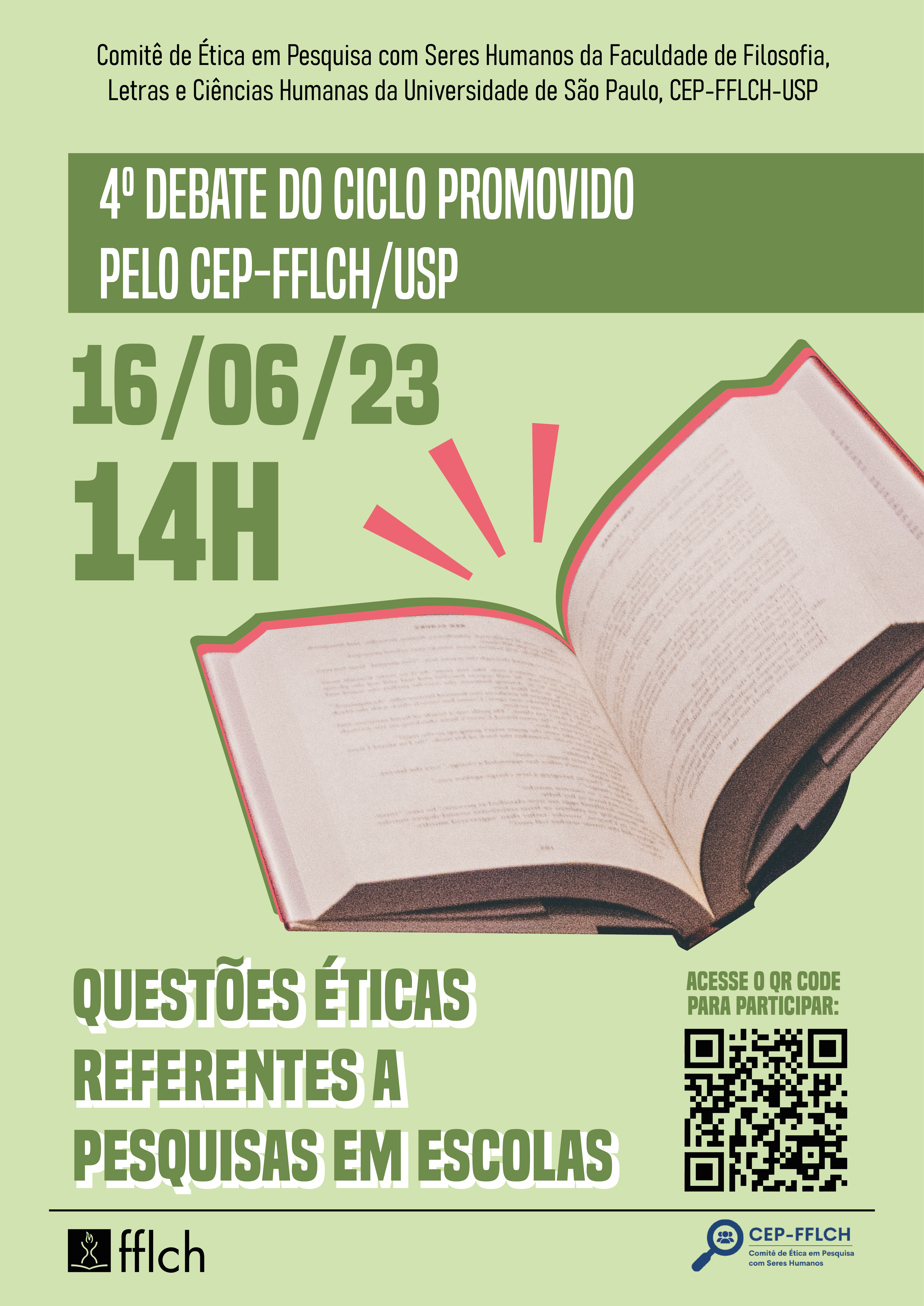
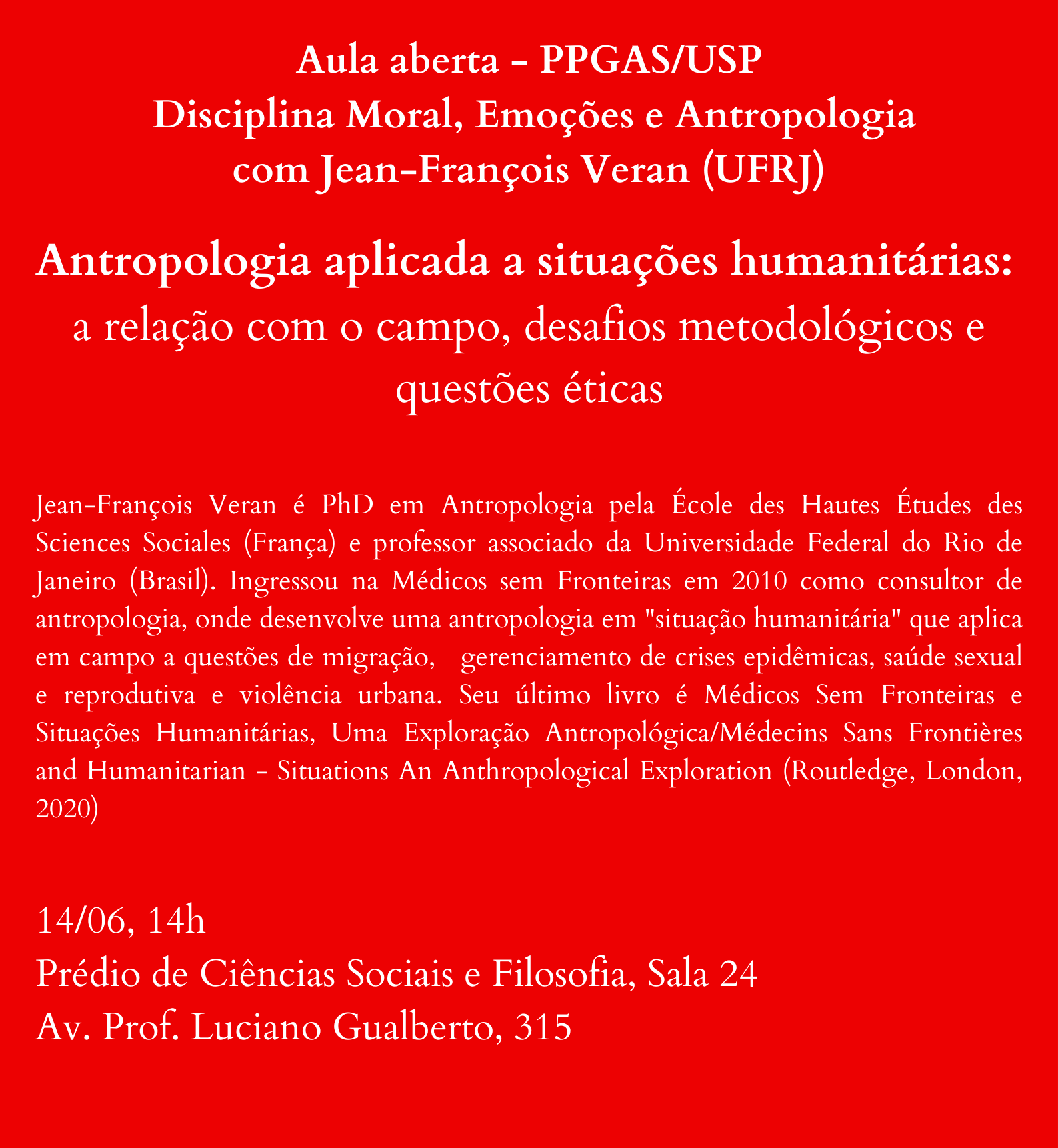
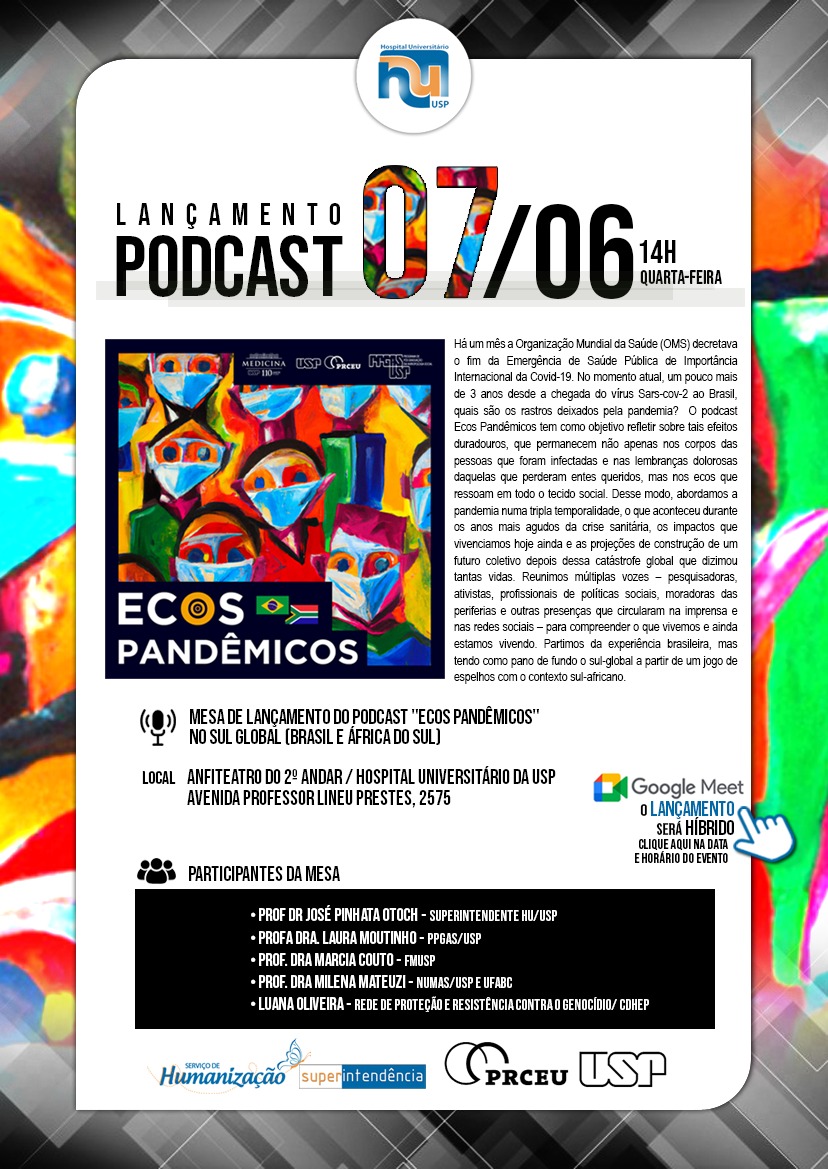
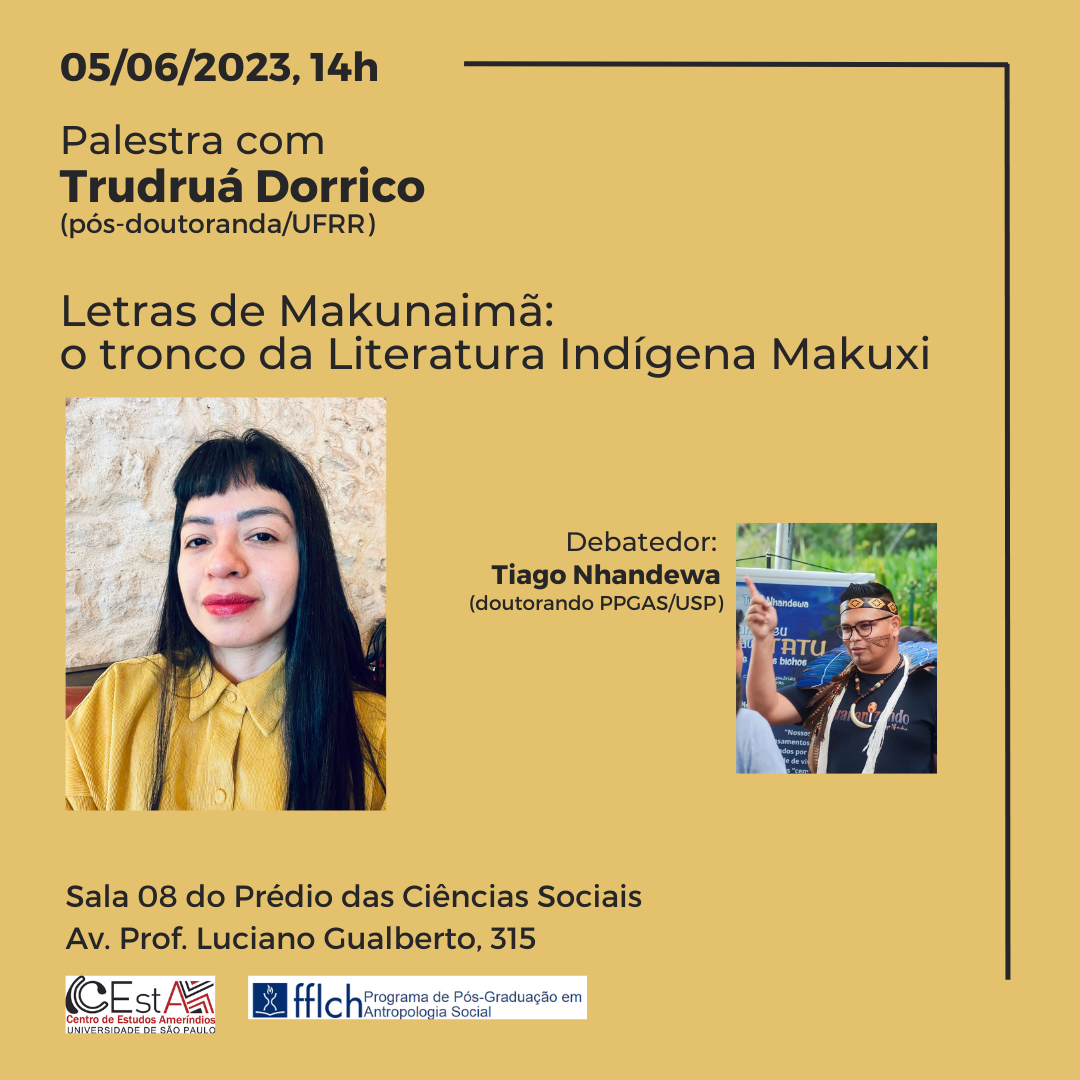
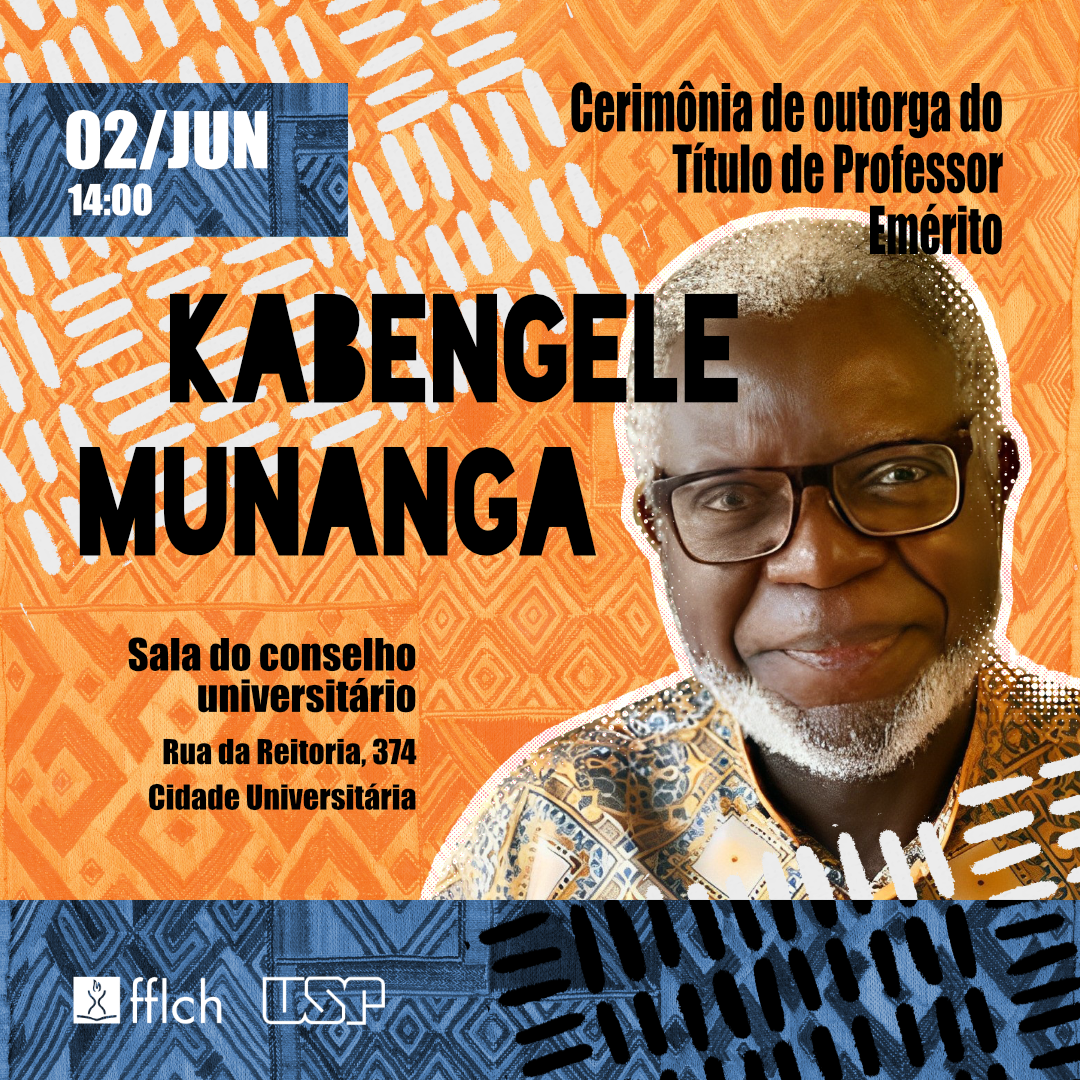
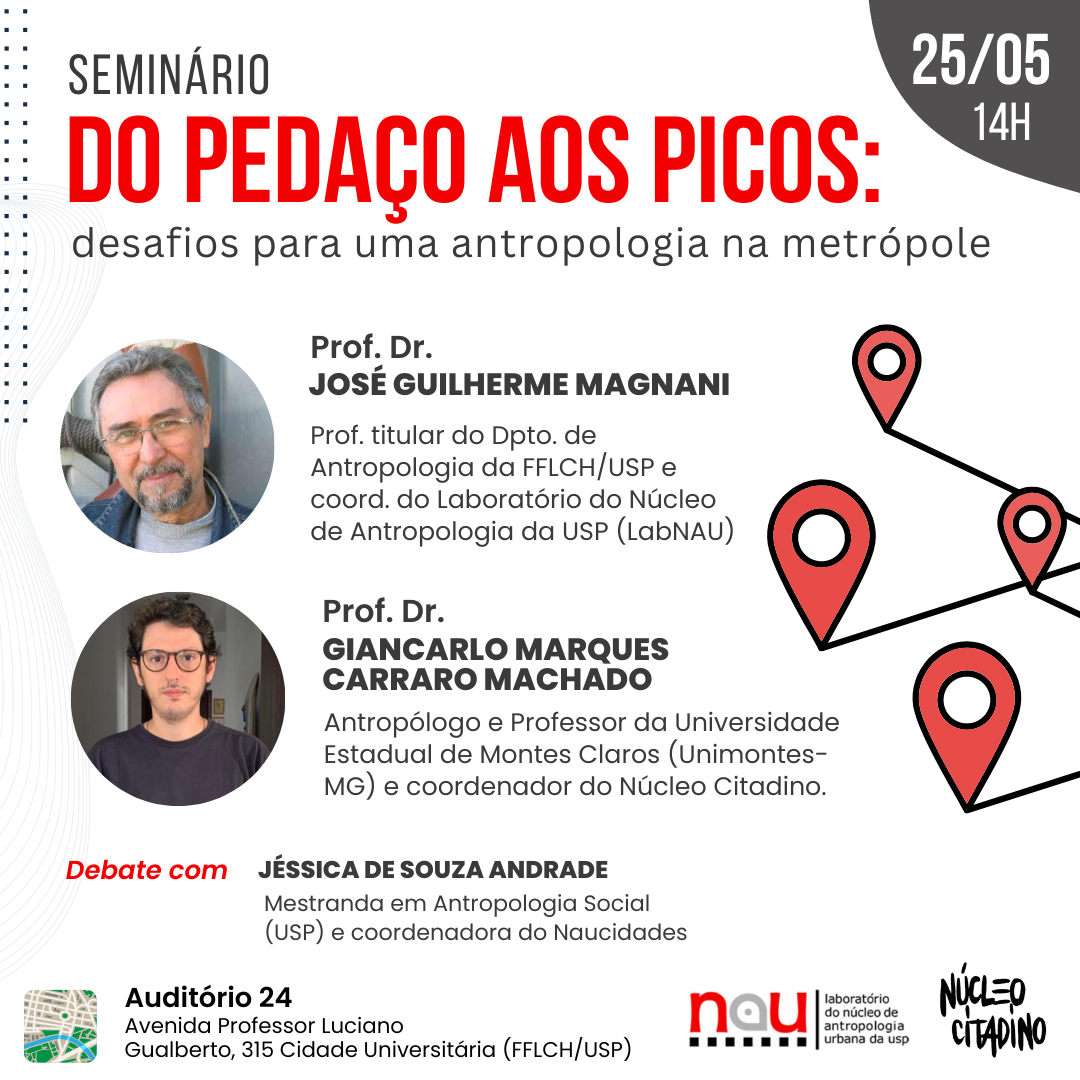
![Coastlines and ghostly landscapes [move, be moved] by Carolina Junqueira dos Santos](/sites/ppgas.fflch.usp.br/files/2023-05/screenshot_2023-05-09-09-02-45-496_com.google.android.apps_.docs~2.jpg)
